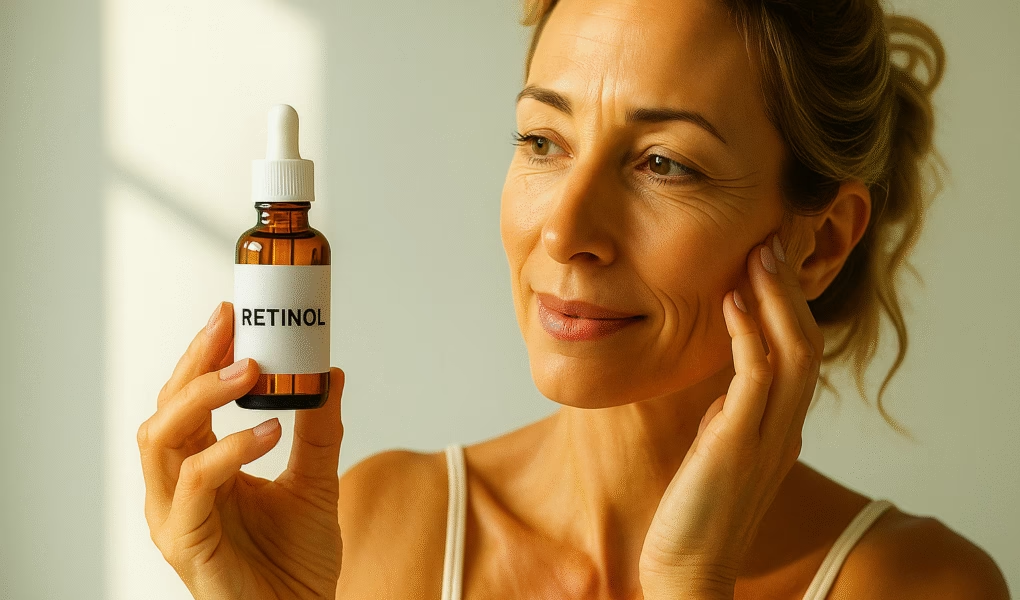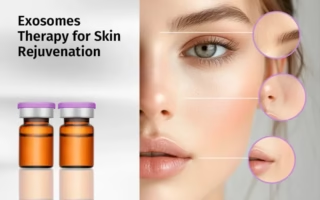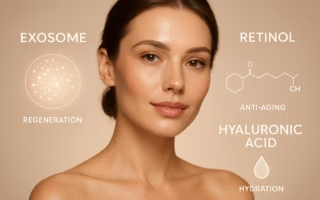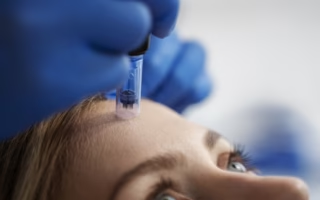Retinol has long been hailed as the gold standard in skincare, celebrated for its ability to transform skin texture, reduce wrinkles, combat acne, and improve overall skin radiance. Whether you are a skincare beginner or an enthusiast, understanding retinol’s benefits, how it works, and how to use it safely is crucial.
In this comprehensive guide, we explore everything you need to know about retinol including its science, benefits, risks, expert tips, and the best ways to incorporate it into your routine.
What is Retinol?
Retinol is a derivative of vitamin A and belongs to a family of compounds known as retinoids. It is one of the most researched and effective ingredients for anti-aging and skin rejuvenation. Retinol works by promoting cell turnover, stimulating collagen production, and helping to improve skin texture and tone.
According to the American Academy of Dermatology, retinol is considered safe for most skin types when used correctly and is an excellent way to reduce the appearance of fine lines and wrinkles.
How Retinol Works on Your Skin?
Retinol penetrates the skin and accelerates cell turnover, which means old, dead skin cells are replaced with new, fresh cells more rapidly. This process can help:
- Reduce fine lines and wrinkles
- Fade dark spots and hyperpigmentation
- Improve overall skin texture
- Prevent clogged pores and acne
When retinol converts into retinoic acid in the skin, it binds to specific receptors that regulate skin cell growth and collagen synthesis. This makes it an effective treatment for aging skin, acne, and sun-damaged skin.
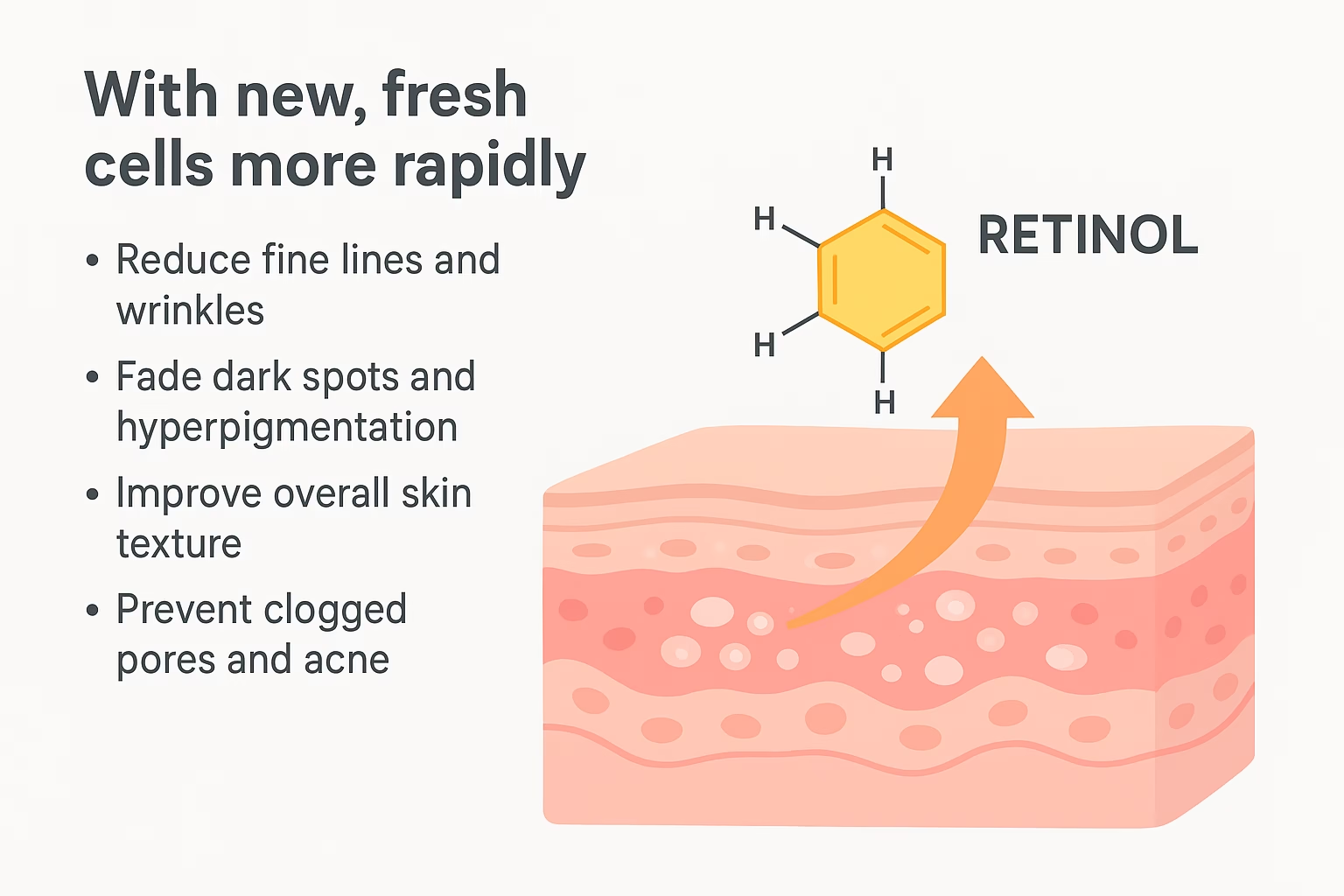
Key Benefits of Retinol
Retinol provides a multitude of benefits, making it a staple in both anti-aging and acne-prone skincare routines.
Anti-Aging
- Smooths fine lines and wrinkles
- Increases collagen production for firmer skin
- Improves skin elasticity
Acne Management
- Reduces clogged pores
- Minimizes breakouts
- Prevents future acne lesions
Hyperpigmentation & Dark Spots
- Lightens sun spots, age spots, and post-acne marks
- Evens skin tone
Expert Tip: Dermatologist Dr. Lisa Green recommends starting with a lower concentration retinol (0.25–0.3%) to minimize irritation while allowing your skin to adjust.
Side Effects & Precautions
While retinol is highly effective, it can also cause side effects, especially if used incorrectly. Common reactions include:
- Dryness and peeling
- Redness or irritation
- Purging (temporary breakouts when first starting)
- Increased sun sensitivity
Special Considerations
- Pregnancy & Breastfeeding: Retinol is generally not recommended for pregnant or breastfeeding women. Safer alternatives like bakuchiol may be used instead. (retinol pregnancy, retinol breastfeeding)
- Sun Protection: Always pair retinol with sunscreen during the day to prevent UV damage.
👉 Read our comprehensive blog on Sunscreen Selection and Usage for expert insights and tips.
How to Use Retinol Correctly
Using retinol properly is key to maximizing benefits and minimizing side effects.
- Start Slowly: Begin with 1–2 nights per week, gradually increasing frequency.
- Layer with Moisturizer: Apply a thin layer of moisturizer before or after retinol to reduce irritation.
- Nighttime Application: Retinol is photosensitive; use only at night.
- Sun Protection: Use broad-spectrum sunscreen daily.
- Avoid Harsh Exfoliants: Combining retinol with strong acids or physical scrubs may increase irritation.
Retinol vs Retinoids
While retinol is over-the-counter and mild, prescription-strength retinoids (like tretinoin or adapalene) are stronger and work faster but may increase irritation.
Expert Insight: “For beginners, retinol offers a great balance between effectiveness and tolerability. Stronger retinoids should be introduced only under dermatological guidance,” says Dr. Amanda Cole, a board-certified dermatologist.
If your skin is sensitive or you’re new to retinoids, you might start with “Niacinamide” , a gentler ingredient that helps repair the barrier and reduce inflammation.”
Choosing the Right Retinol Product
Retinol comes in various forms: creams, serums, and lotions. Choosing the right one depends on your skin type and tolerance.
- Sensitive Skin: Start with 0.25–0.3% concentration
- Normal/Combination Skin: 0.5–1% concentration
- Dry Skin: Use a cream-based formula to reduce dryness
To keep your skin balanced and hydrated while using retinol, pair it with a “Hyaluronic Acid” serum for deep moisture support.
❓ FAQs: Retinol
Yes, retinol promotes cell turnover and collagen production, which helps fade acne scars over time.
Yes, but apply vitamin C in the morning and retinol at night to avoid irritation.
Visible improvements typically appear in 8-12 weeks.
No, topical retinol is generally not recommended during pregnancy or breastfeeding.
Yes, hyaluronic acid helps hydrate the skin and reduces retinol-induced dryness.
Expert Tips for Maximum Effectiveness
- Apply retinol at night on clean, dry skin.
- Introduce gradually to prevent irritation.
- Pair with sunscreen and antioxidants during the day.
- Store in a cool, dark place to maintain stability.
You can also explore nourishing natural emollients like “tallow moisturizer“ to soothe dryness and lock in hydration after your nighttime retinol routine.
📝Final Thought
Retinol is a scientifically proven, versatile skincare ingredient suitable for anti-aging, acne, and hyperpigmentation. With proper usage, patience, and sun protection, it can transform your skin, making it smoother, brighter, and healthier.
Whether you are a skincare novice or experienced, incorporating retinol safely into your routine is one of the most impactful steps you can take for long-term skin health.
✍️ Glownest Care Team
At GlownestCare, our editorial team of skincare enthusiasts, dermatology advisors, and wellness writers is dedicated to bringing you science-backed, practical beauty insights. We simplify complex skincare science so you can make confident, informed choices for your skin health.
📖 Read More: Explore our latest skincare tips, haircare routines, mani-pedi care guides, overall beauty care advice, weekly glow tips, FAQs on trending topics, and handy beauty calculators to keep your glow strong.
🔗 Share This Post: Found it helpful? Share it with friends, family, or on social media to spread the knowledge and inspire healthier skin.
💬 Join the Discussion: Scroll down and leave your thoughts or questions in the comments – we’d love to hear from you!
